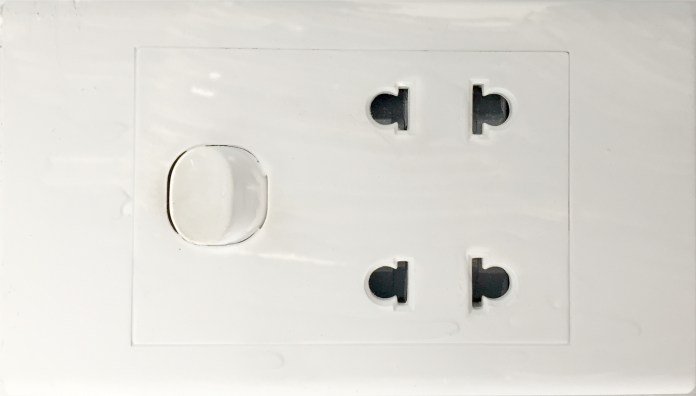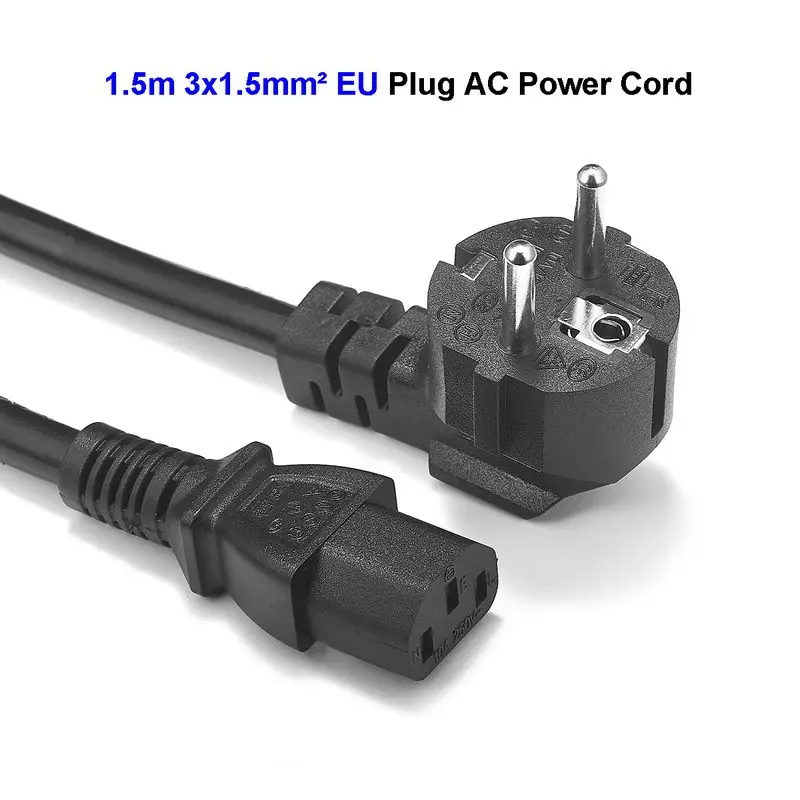Hi everybody
bought Power Supply(PSU) for my PC and my problem is that it has US type power cable, 10A 125V written on it and i'm in VietNam where 220V is Standard Voltage.
So my question is can i use 10A 125V cable with 220V socket wall
Thank you
View: https://imgur.com/a/gnARzR0
View: https://imgur.com/a/BkVqWZB
thankss
bought Power Supply(PSU) for my PC and my problem is that it has US type power cable, 10A 125V written on it and i'm in VietNam where 220V is Standard Voltage.
So my question is can i use 10A 125V cable with 220V socket wall
Thank you
View: https://imgur.com/a/gnARzR0
View: https://imgur.com/a/BkVqWZB
thankss
Last edited:






